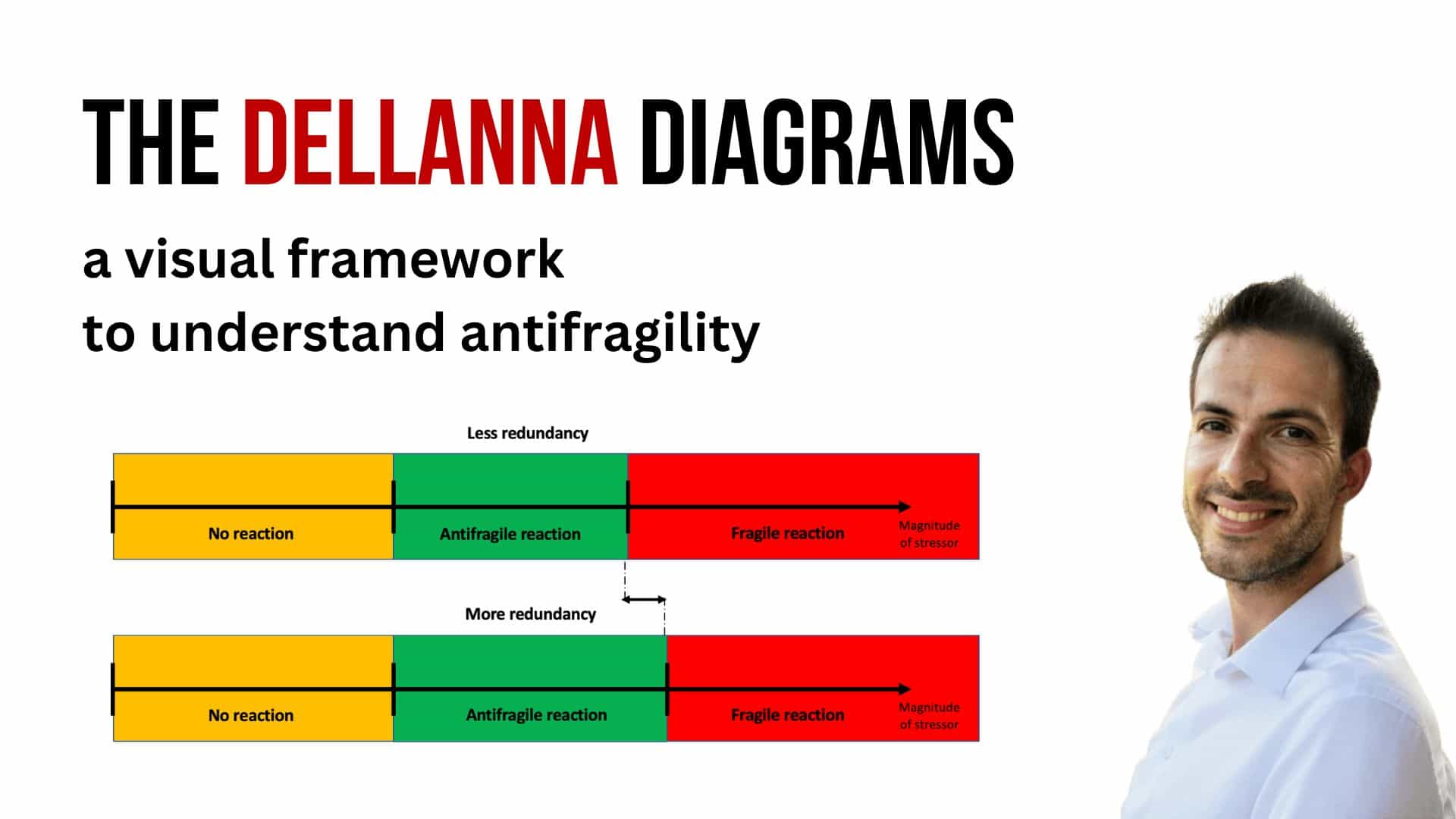Growth obtained through short-term tactics eventually plateaus. It’s a dead end.
“Unless you have confidence in the ruler’s reliability, if you use a ruler to measure a table, you may also be using the table to measure the ruler.” – Nassim Nicholas Taleb, Fooled by Randomness
Examples of the Ruler
The Nobel Prize for Economics being awarded to someone can mean two things: either that the receiver is very smart or that the judges are very dumb.
At the moment of the award, we probably didn’t know which of the two possibilities was correct. Sure, the receiver of the price must have sounded smart, but we did not know whether he was actually smart or if the judges were dumb and gullible. There is more than one free parameter (the quality of the receiver and the quality of the judges), so we do not know which one is being measured by the award assignment.
A similar phenomenon can be observed during the COVID-19 pandemic. In April 2020, a few studies were published on the prevalence of antibodies in some populations. However, we do not know if the studies are measuring the prevalence of the virus or the reliability of the tests.
A definition
Wittgenstein’s ruler can be formalized as follows: the more the free parameters, the less you know what is being measured.
An extension of Wittgenstein’s ruler
Interestingly, Wittgenstein’s ruler is not just about the precision of the ruler but also about its choice. For example, centralization tends to result in the choice of metrics that, regardless of their precision, only measure some of the results that matter to the general population, resulting in effects such as “centralization is only efficient to the central observer.”
This is because the central observer is the one that chooses the ruler, i.e., the metrics to measure.
I used to understand the term “ruler’s reliability” as simply a matter of precision/variance; instead, it’s also a matter of choice of the ruler and metrics used to conduct the measurement. Do they reliably help estimate properties of the object of the measurement, or do they estimate something else?
Hence, we can use Wittgenstein’s ruler even before the measurement is conducted, using the choice of the ruler to deduce the properties of the measurer.










